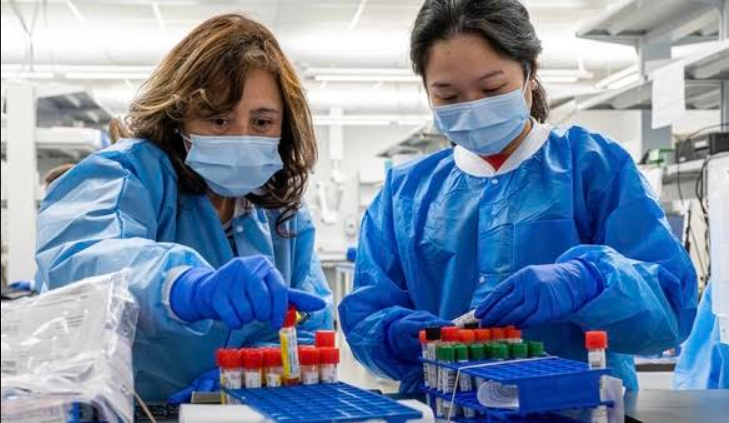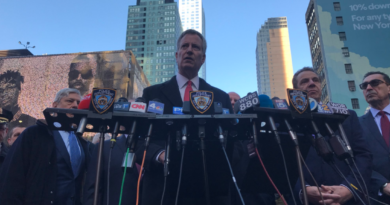Northwell Teams Up with Churches, Governors Office to Expand Testing
Northwell Health conducted approximately two weeks of antibody and diagnostic testing for first responders, MTA transit workers, and members of low-income and predominantly minority communities in New York City, Long Island, and Westchester County.
The effort, which started in late May, has been a success, with over 9,250 diagnostic tests conducted during the first week at 11 churches. The churches varied in denomination and location from Abyssinian Baptist Church in Harlem to Holy Cross in Brooklyn. Tests were free and offered by appointment.
“Church leaders effectively utilized their virtual services, Bible study groups, church Facebook pages and websites to inform their congregants about testing,” said Reverend Barbara Felker, vice president of strategic community partnerships, Brooklyn region, for Northwell Health and pastor of leadership development at Highbridge Community Church in the Bronx.
Felker said Northwell’s testing teams have been well-received. Minority communities are now more optimistic that the state will provide information and treatment for the novel coronavirus.
“It’s a start to a relationship. Community members feel like there has been a response from the state and they can begin to expect more,” said Felker.
In New York City, Blacks (92.3 deaths per 100,000) and Latinos (74.3) had higher death rates for COVID-19 than whites (45.2) or Asians (34.5), according to mid-April data from the New York City Department of Health.
Northwell maintained close communication with pastors during preparation and testing processes. Data collected from the tests will go to the Office of the Governor.
Debbie Salas-Lopez, senior vice president of transformation for Northwell Health, said Northwell has dealt with natural disasters before, including snowstorms and Hurricane Sandy.
“An infectious agent is a first for our community. Now the Office of the Governor, the communities, and Northwell Health are working together more closely,” said Salas-Lopez.
Felker said congregants were motivated by their pastors, with pastors first in line leading by example. After leaders got tested, they remained at churches, greeting congregants with smiles and waves from 6 feet away.
“The churches are the foundation of the community. (They) were instrumental in the successful testing outcomes,” said Felker.




